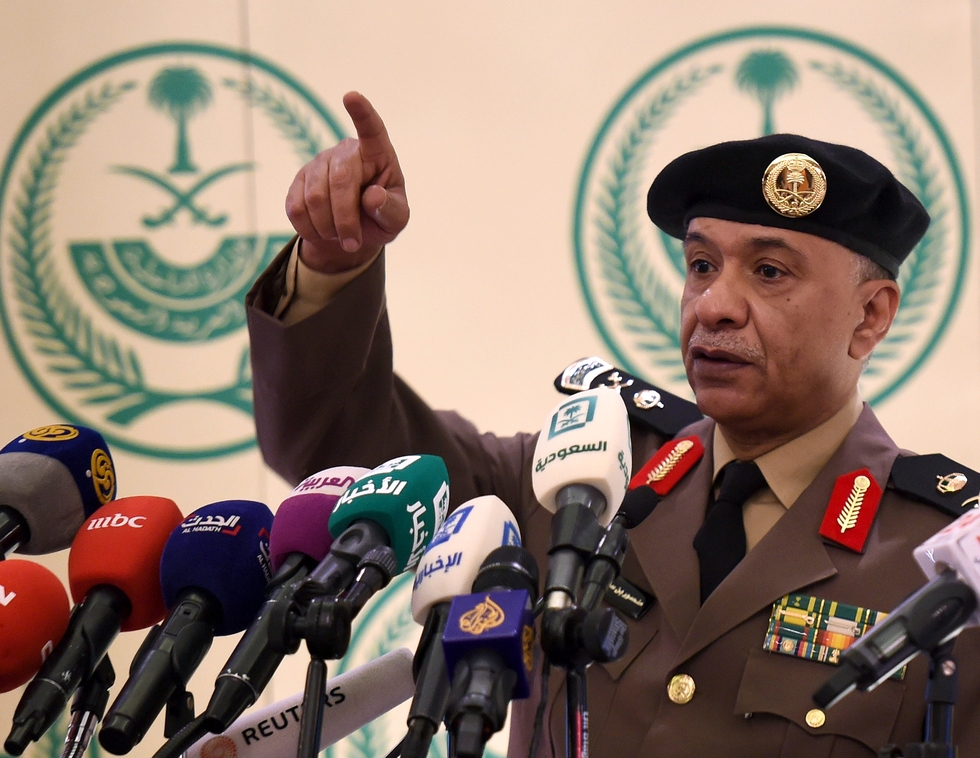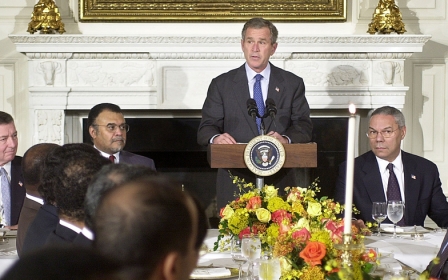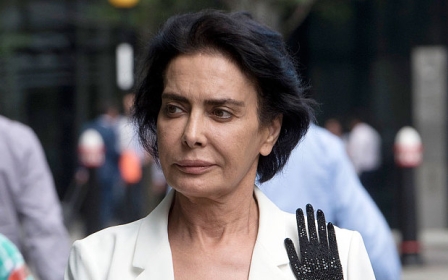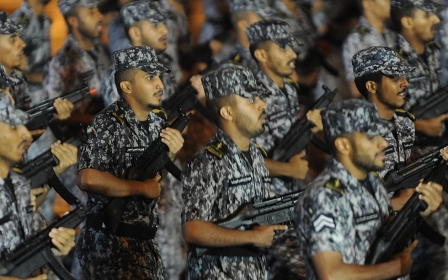Saudi executes four citizens convicted of murder

Saudi authorities on Sunday executed four citizens convicted of killing six members of their tribe, the interior ministry said.
The killings took place due to a land dispute among members of the Quthami tribe, the ministry said in a statement on the official SPA news agency.
The four, including three brothers, were executed in the western city of Taif, bringing to 105 the number of death sentences carried out in the kingdom this year.
Saudi Arabia's growing use of the death penalty has prompted Amnesty International to call for an "immediate" moratorium on the practice.
The kingdom imposes the death penalty for offences that include murder, drug trafficking, armed robbery, rape and apostasy.
Most people executed are beheaded with a sword.
On Thursday, authorities carried out the 100th execution of the year.
"Saudi Arabia is speeding along in its dogged use of a cruel and inhuman punishment, mindless of justice and human rights," said Amnesty's Middle East and North Africa head Philip Luther.
"At this rate, the kingdom's executioners will soon match or exceed the number of people they put to death last year," he said.
Amnesty says the kingdom carried out at least 158 death sentences in 2015, making it the third most prolific executioner after Iran and Pakistan.
Amnesty's figures do not include secretive China.
"The Saudi Arabian authorities must immediately establish an official moratorium on executions and abolish the death penalty once and for all," Luther said.
Murder and drug trafficking cases account for the majority of Saudi executions, although 47 people were put to death for "terrorism" offences on a single day in January.
They included prominent Shia cleric Nimr al-Nimr, whose execution prompted Iranian protesters to torch Saudi diplomatic missions, triggering a diplomatic crisis between the two arch-rivals.
Middle East Eye propose une couverture et une analyse indépendantes et incomparables du Moyen-Orient, de l’Afrique du Nord et d’autres régions du monde. Pour en savoir plus sur la reprise de ce contenu et les frais qui s’appliquent, veuillez remplir ce formulaire [en anglais]. Pour en savoir plus sur MEE, cliquez ici [en anglais].




